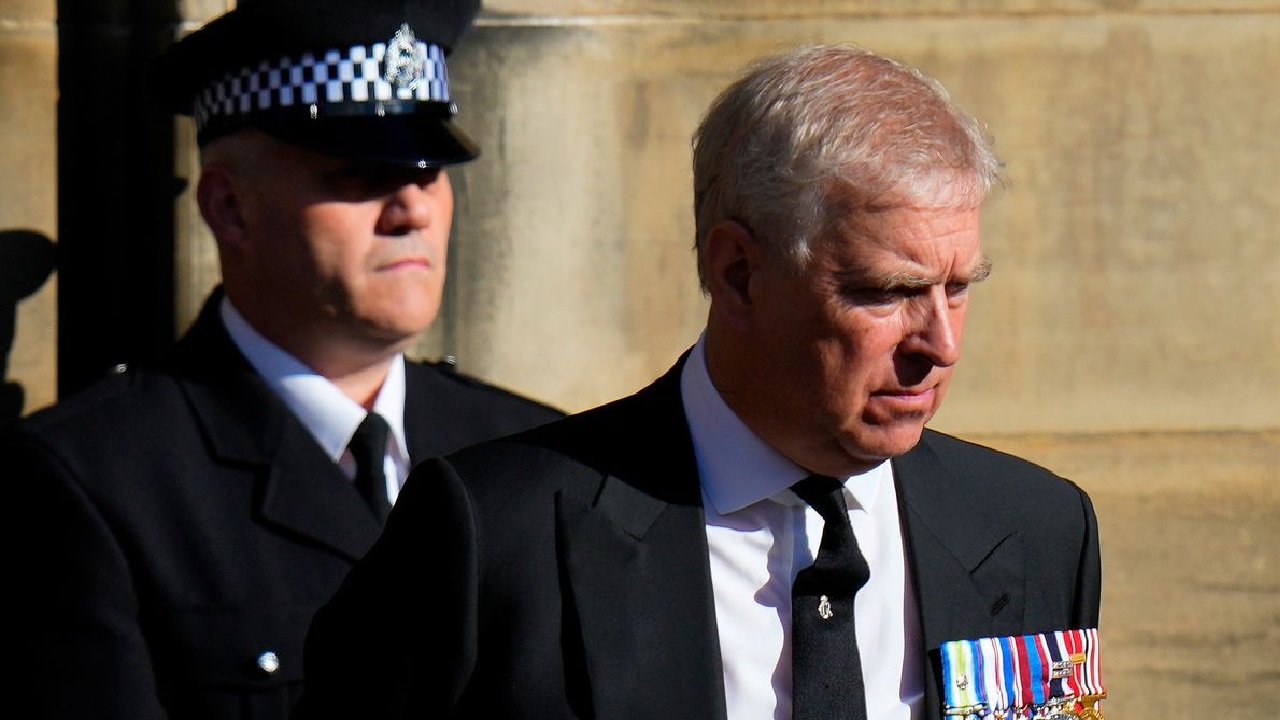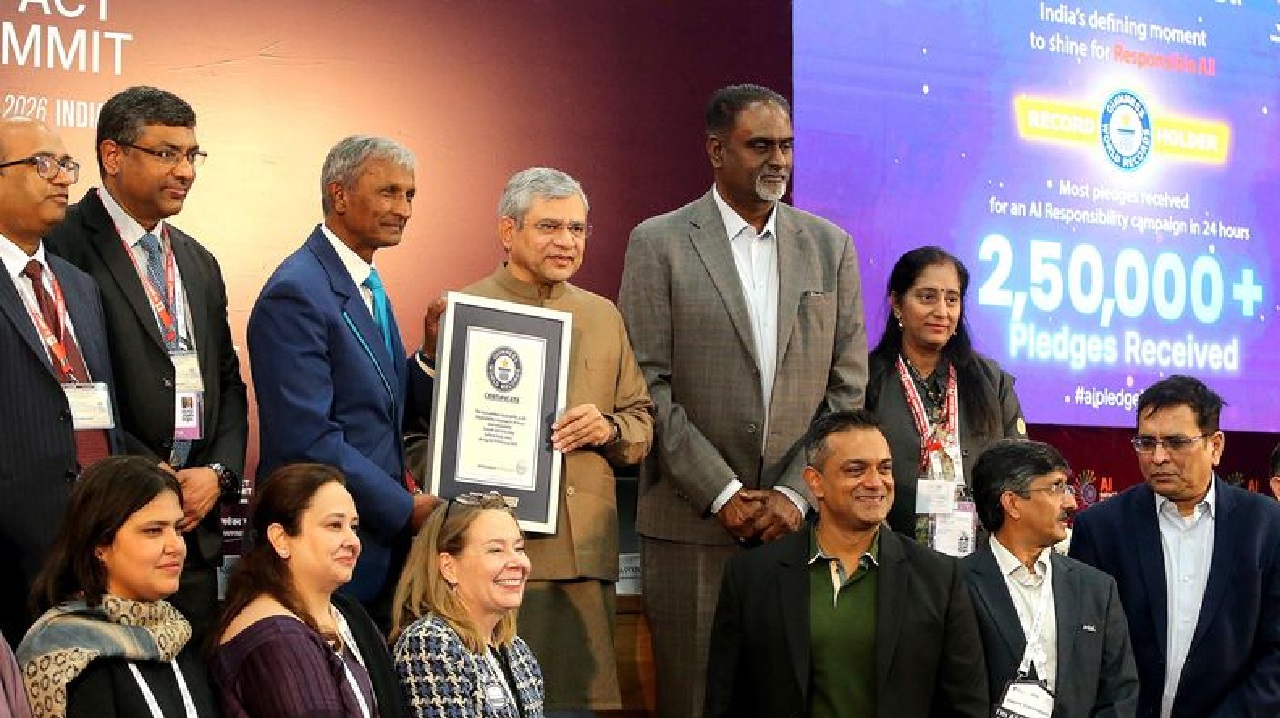A Shift Towards Total Confrontation
Israeli Prime Minister Benjamin Netanyahu has dramatically intensified Israel’s military strategy, signaling a shift towards total confrontation with its adversaries. This approach, reminiscent of historical strategies aimed at the complete dismantling of enemy forces, is underscored by recent high-profile operations. Notably, the assassination of Fuad Shukr, a senior Hezbollah operative in Beirut, and Ismail Haniyeh, the political leader of Hamas, in Tehran, highlights Israel’s aggressive stance. These actions are part of a broader strategy that extends beyond regional conflicts, aiming to demonstrate Israel’s capability and resolve on an international scale.
Precision Strikes and the Role of Intelligence
The precision of these recent strikes—against Amir Ali Hajizadeh, head of the Islamic Revolutionary Guard Corps (IRGC) Air Force in Damascus, and Mohammed Daeif, the mastermind behind the October 7 attack—illustrates Israel’s advanced military capabilities and strategic acumen. These operations reflect a high degree of technological sophistication and, crucially, the role of human intelligence. By targeting key figures with such accuracy, Israel sends a clear message to its adversaries: no location or individual is beyond its reach. This approach not only undermines the operational capabilities of hostile entities but also serves as a demonstration of Israeli might.
Netanyahu’s Focus Shifts to Hezbollah
As the conflict in Gaza begins to wind down, Netanyahu’s strategic focus has shifted towards Hezbollah in Lebanon. With Hamas temporarily incapacitated, the current moment presents a strategic opportunity to address Hezbollah’s formidable threat. Hezbollah’s significant arsenal and well-trained force of 60,000 soldiers present an existential challenge to Israel. There is considerable debate within Israeli military circles about the feasibility and risks of a land invasion aimed at crippling Hezbollah’s ability to conduct operations against Israel. Such a move would be intended to neutralize Hezbollah’s threat but would come with substantial risks and potential consequences.
Political Motivations and Strategic Implications
Netanyahu’s strategy is not solely about military objectives; it also serves crucial political purposes. The ongoing conflict helps to solidify his political base and distract from domestic issues, including legal challenges and political controversies. By extending the conflict and focusing on high-profile targets like Ismail Haniyeh, Netanyahu reinforces his position both domestically and internationally. This strategy effectively diverts attention from internal problems and bolsters his political standing.
The continuation of hostilities, however, complicates the path to peace. The assassination of key figures and the ongoing aggressive posture further diminish prospects for diplomatic resolution. This dynamic underscore the complex interplay between military action and political strategy in Netanyahu’s approach. As Clausewitz aptly observed, “War is the continuation of politics by other means.” Israel’s current strategy embodies this principle, emphasizing the necessity of combining military prowess with strategic foresight.
The Broader Regional Impact
Netanyahu’s approach also has significant implications for the broader regional landscape. Israel’s aggressive posture and targeted operations may provoke reactions from other regional players, particularly Iran. There is a clear intent to provoke a response from Iran, potentially setting the stage for a larger conflict involving Iran’s nuclear ambitions. Without significant external pressure, particularly from the United States, or a shift in Iranian policy, the risk of a wider, more devastating conflict remains high.
In summary, Netanyahu’s strategy reflects a high-stakes gamble with far-reaching consequences. By targeting key figures across regional borders and focusing on Hezbollah as the next strategic goal, Israel aims to project power and consolidate political advantages. However, this approach also risks escalating tensions and complicating the path to a peaceful resolution.
(With inputs from agencies)








